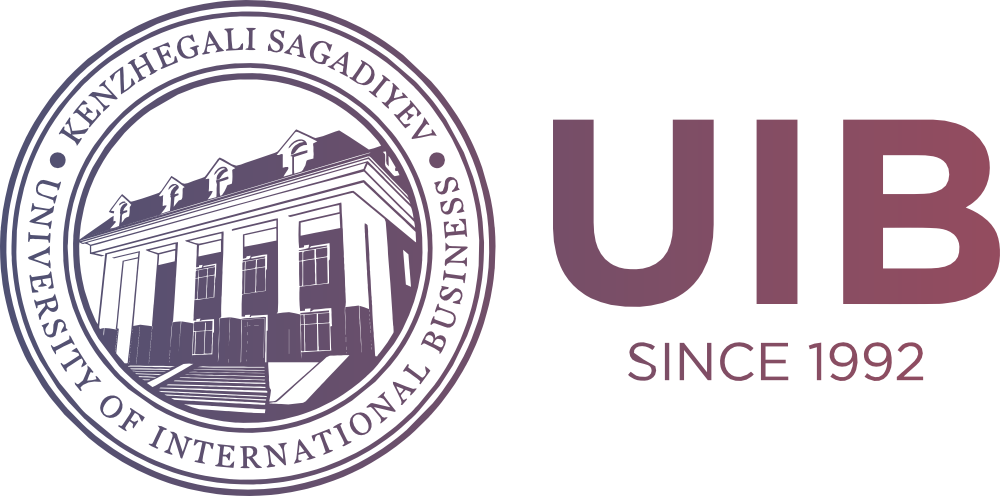Organizational Ambidexterity and Resilience: Moderating Effect of Transformational Leadership
DOI:
https://doi.org/10.47703/ejebs.v67i4.315Keywords:
Organizational Ambidexterity, Business, Resilience, Transformational Leadership, Emerging Economies, EnterpriseAbstract
Businesses are still learning how to cope with system stress that overwhelmed the whole world during the Global Financial Crisis (GFC) in 2007-2008, COVID-19 pandemics in 2020, and other crises. Thereby, enterprises will be able not only to deal with uncertainty, that is becoming a “new standard”, but to benefit from it. As a result, the focus of the leaders has shifted from short-term, operational continuity to resilience. Earlier research suggested organizational ambidexterity as one of its antecedents and key factors for firms’ long-term survival and prosperity. However, little is known about the leadership role in ambidexterity literature. Most of the previous research were conducted in developed countries and placed emphasis on conceptual studies. Thus, the main purpose of this study is to statistically examine the moderating effect of transformational leadership in the relationship between organizational ambidexterity and resilience using a sample of 323 usable questionnaires gathered from more than 80 Kazakhstani firms. The results of regression analysis statistically confirmed that organizational ambidexterity positively and significantly correlated with resilience. Further, results revealed the moderating role of transformational leadership in the linkage above. The study came up with an unexpected finding that transformational leadership directly and significantly influences resilience. The primary practical implication of this study is that leaders realize the feasibility of their investments in developing ambidextrous capabilities in their organizations and, particularly, senior management, since it was statistically proven in this research that it leads to higher resilience.
Downloads
How to Cite
Downloads
Published
Issue
Section
License

This work is licensed under a Creative Commons Attribution 4.0 International License.
Authors retain copyright and grant the journal right of first publication with the work simultaneously licensed under a Creative Commons Attribution (CC-BY) 4.0 License that allows others to share the work with an acknowledgment of the work’s authorship and initial publication in this journal.



